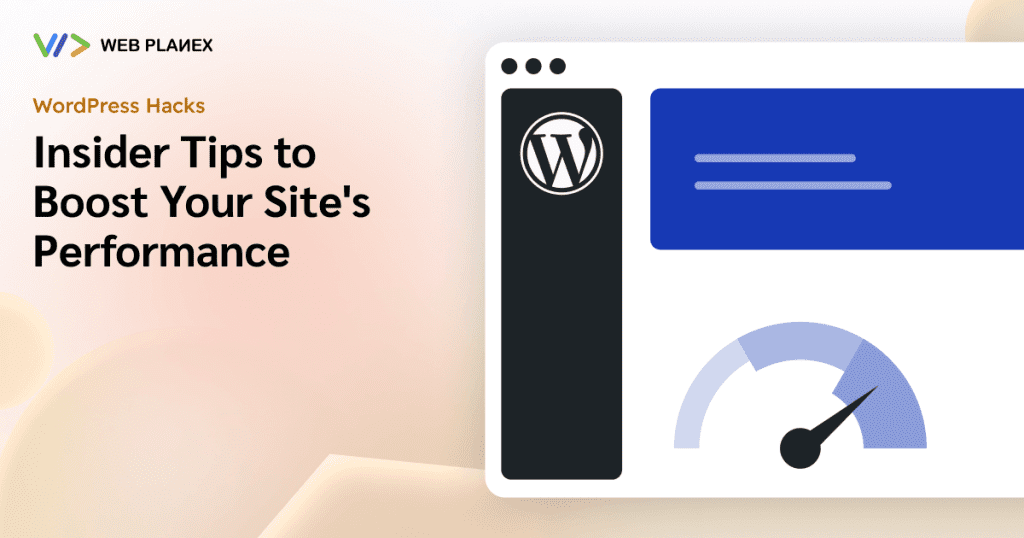
In the dynamic world of web development, React has emerged as a powerhouse for creating engaging user interfaces.
However, ensuring that React applications are SEO-friendly requires careful attention to detail. In this topic, we will uncover the best practices that will help your React application achieve SEO success, making it discoverable and visible to search engines.
Embrace Server-Side Rendering (SSR):
Implement server-side rendering to generate HTML on the server, enabling search engines to crawl and index your React application effortlessly. SSR ensures that the content of your application is readily understood by search engine crawlers, leading to improve SEO performance. Explore frameworks like Next.js, Gatsby, or React Server Components for effective SSR implementation.
Optimize Metadata for Maximum Impact:
Leverage the power of React Helmet or similar libraries to set metadata dynamically, including title tags and meta descriptions for each page. Craft unique and compelling titles incorporating relevant keywords, attracting both search engines and users. Write concise and engaging meta descriptions that accurately summarize the page content, enticing users to click through.
Craft SEO-Friendly URLs:
Create clean and descriptive URLs that reflect the content of each page. Optimize your URL structure by eliminating unnecessary parameters and using logical hierarchy. User-friendly URLs enhance user experience and make it easier for search engines to understand and rank your web pages.
Strengthen Your Content with Strategic Interlinking:
Implement proper interlinking between relevant pages to create a comprehensive web of internal links. Interlinking improves the crawlability and indexing of your React application, helping search engines discover and navigate your content effectively. Strategic interlinking also enhances user experience by allowing seamless navigation between related pages.
Optimize Load Times with Lazy Loading:
Implement lazy loading techniques to load content and assets only when they are required. Lazy loading reduces initial page load times, improving the user experience and search engine rankings. By prioritizing the rendering of critical content, lazy loading enhances SEO by allowing search engine crawlers to access important information quickly.
Establish a Solid Foundation with Sitemaps and Robots.txt:
Create a sitemap.xml file that lists all the pages on your website, enabling search engines to discover and index your content efficiently. Submit your sitemap to search engines to expedite the crawling and indexing process. Optimize your robots.txt file to provide instructions to search engine crawlers, directing them to relevant pages while excluding sensitive or duplicate content.
Leverage the Power of Schema Markup:
Implement schema markup to provide structured data that helps search engines understand the context of your content. Utilize schema.org to incorporate relevant markup, such as product details, reviews, events, and more. Schema markup enhances the visibility of your pages in search engine results, enabling rich snippets and other advanced search features.
Prioritize Performance Optimization:
Optimize your React application’s performance by reducing the size of JavaScript bundles and optimizing image assets. Utilize caching techniques to improve page load times and overall performance. A fast and responsive application not only delights users but also positively impacts SEO rankings.
By following these best practices, your React application can achieve SEO success and gain visibility in search engine rankings. Embrace server-side rendering to facilitate crawlability, optimize metadata and URLs for maximum impact, leverage strategic interlinking, implement lazy loading, create comprehensive sitemaps and robots.txt files, utilize schema markup, and prioritize performance optimization. Your React application will be poised for long-term success in search engine visibility and organic traffic growth by continuously monitoring and adapting to SEO trends.
We possess a team of exceptionally talented React developers who can assist you in optimizing your React website for both user experience and SEO. Nevertheless, considering that the website was built with React, you should be fully attentive to this aspect.




